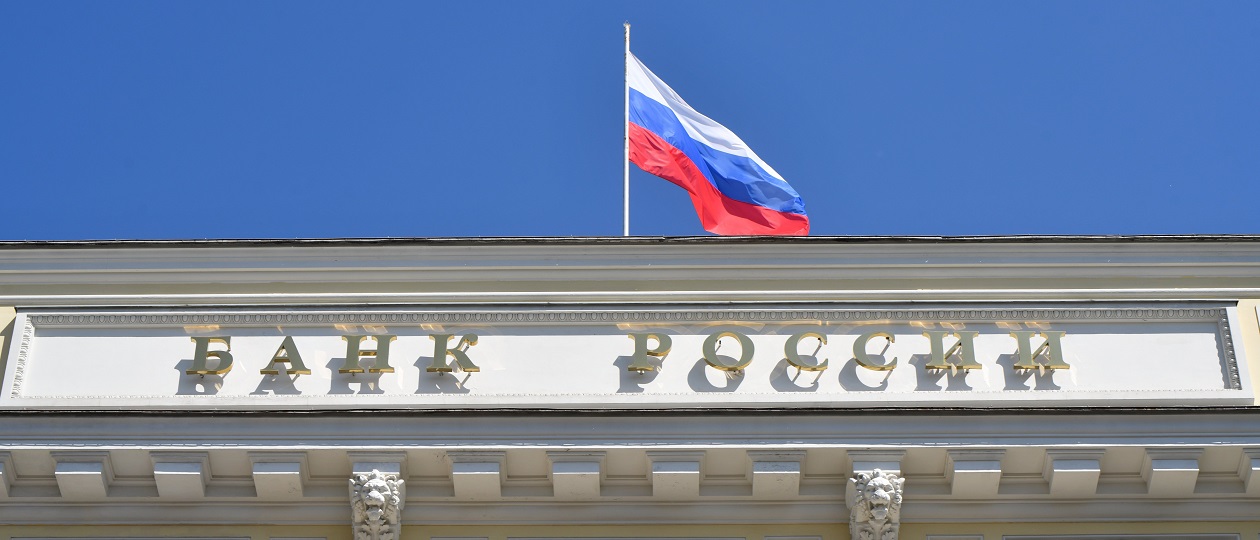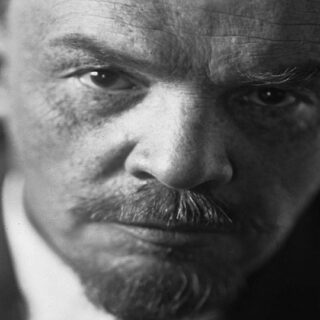
The Bank of Russia. What is it? What are its functions and responsibilities?
Many people ask these questions while observing the activities of the Central Bank of the Russian Federation. The legislation regarding the Bank of Russia, written by the “Big Four” international (American) auditors, is extremely murky and contradictory.
Article 75 of the Constitution of the Russian Federation states: “Protecting and ensuring the stability of the ruble is the primary function of the Central Bank of the Russian Federation, which it carries out independently of other government bodies.” This leads to at least two consequences. First, the Central Bank is, after all, a government body; otherwise, the phrase “independently of other government bodies” would not have been included.
Incidentally, the same wording is found in Article 1 of Federal Law No. 86-FZ “On the Central Bank of the Russian Federation”: “The functions and powers… the Bank of Russia carries out independently of other federal government bodies…”
Secondly, protecting and ensuring the stability of the ruble means that the Central Bank, as a government body, must protect the interests of Russian citizens and the domestic real sector. Because it is precisely citizens and industry that value the ruble as stable for their daily lives.
However, the Central Bank fails to fulfill its responsibilities as stipulated in the Constitution of the Russian Federation. The ruble is constantly in turmoil. In the ranking of national currency stability, the Russian ruble consistently ranks last.
However, the Bank of Russia is actively involved in the financial sector, fulfilling its obligations set out in Article 3 of Federal Law No.86-FZ “On the Central Bank of the Russian Federation”: developing and strengthening the banking system and financial market stability, as well as the stability and development of the national payment system.
According to Article 4 of the same Federal Law, the Bank of Russia “in cooperation with the Government of the Russian Federation, develops and implements a unified state monetary policy.” Again, note that this is state policy. This, as is well known, is determined by the popularly elected President of the country. And it is set out in Presidential Decrees, which have the force of law in the Russian Federation.
The Central Bank’s monetary policy serves exclusively the interests of the financial sector (financial speculators) and completely contradicts the public state policy of promoting the socio-economic development of the Russian Federation in the interests of its citizens. In other words, the Central Bank directly violates Russian law.
Furthermore, where is the interaction with the Russian Government, as outlined in Article 4? The movement is entirely one-sided, under the guise of Article 2 of Federal Law No. 86, which, paradoxically, stipulates that “the State shall not be liable for the obligations of the Bank of Russia, nor shall the Bank of Russia be liable for the obligations of the State.”
In other words, the Government has its own goals and objectives, and the Central Bank has its own. We don’t interfere with you, and you don’t interfere with us. So what should the Government do? How can it ensure the country’s socio-economic development if the fundamental resources for development are in the hands of the Bank of Russia, which “walks on its own.” The result of this “independence” is evident in the $300 billion stolen by the West.
Today, it’s clearer than ever that Federal Law No.86 “On the Central Bank of Russia,” written by Finintern agents to legitimize Russia’s colonial (peripheral) status and elevate the Central Bank to a vertical power structure similar to the US Federal Reserve System, independent from the state, must be amended—or, to put it in bureaucratic terms, improved.
The Central Bank of Russia must become a transparent, integral part of the federal executive branch, which will enable it, in cooperation with the Russian Government, to mobilize all available resources, including investment, to implement the President’s policy of socioeconomic development in the interests of citizens.
Otherwise, the Central Bank, following the recommendations of the IMF, which is hostile to Russia, will neglect its constitutional duties, “cool” the economy, and, God forgive me, “target” inflation, thwarting any attempts at sovereign socioeconomic development.
And the Russian Government, instead of creating and developing, will continue to seek out budgetary opportunities to somehow mitigate the detrimental actions of the Bank of Russia, supposedly “another government agency,” for the real sector of the economy.





